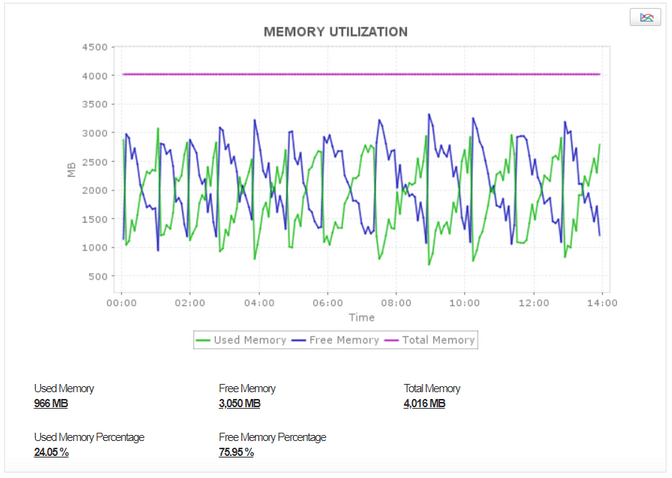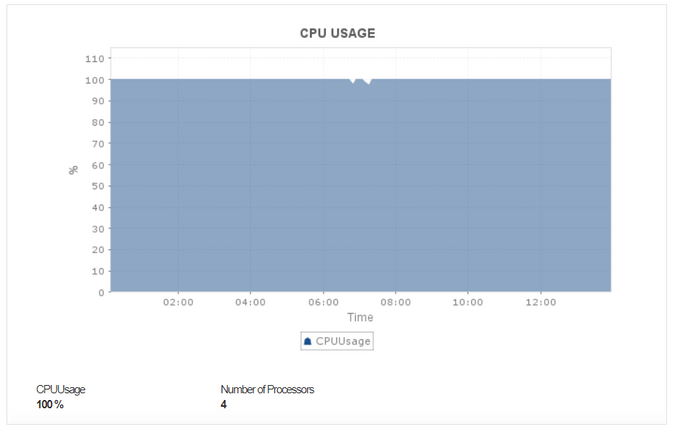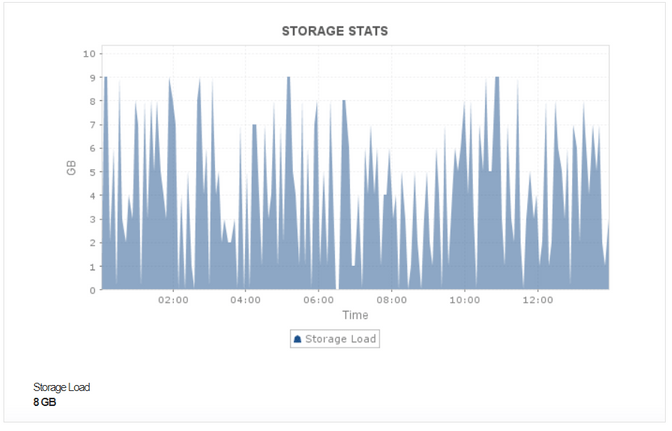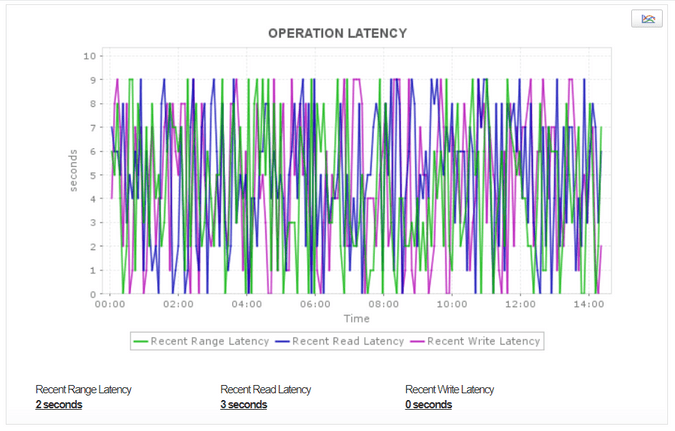ManageEngine recognized in the 2023 Gartner® Magic Quadrant™ for Application Performance Monitoring and Observability. Read the report
✕NoSQL databases like Apache Cassandra and MongoDB are designed to support massive data processing and storage. Cassandra database systems are highly scalable and fault-tolerant. Hence, Cassandra clusters with a multitude of nodes can greatly increase the complexity of your data infrastructure. As such, employing the services of a tool for Cassandra monitoring becomes essential in understanding the performance of your Cassandra clusters. This allows admins to diagnose issues and plan capacity to improve the database system.
Applications Manager, one of the best Cassandra monitoring tools in the industry enables comprehensive Apache Cassandra performance monitoring and administration of all nodes in a cluster from a centralized console. You can collect statistical data from all JVMs in a cluster and key Apache Cassandra metrics like memory utilization statistics, task statistics of thread pools, storage statistics, CPU usage, operation performance, latency, and pending tasks.
You can continuously monitor Cassandra database clusters with Applications Manager's Cassandra monitoring tool which details the health, availability, and performance status of all the monitored clusters. Monitoring Cassandra clusters can help retrieve details on live, leaving, moving, joining, and unreachable nodes and monitor the health of nodes within each cluster. By leveraging the capabilities of the Cassandra monitoring tool, identify, analyze, and address issues in your Cassandra database environment before they impact performance or availability.

Cassandra databases consume a lot of memory and application performance issues may result if your RAM is not sufficient. Applications Manager's Cassandra monitoring closely monitors the memory consumption of your applications running on the Cassandra environment and displays the used, free, and total memory of the server in megabytes.

Like with any other database system, Cassandra's performance depends on the underlying systems on which it runs. Applications Manager's Cassandra cluster monitoring capabilities include tracking Cassandra monitoring metrics like the number of processors, exceptions, CPU utilization, and time trends. Our Cassandra monitor helps identify and troubleshoot hardware-related performance problems.

If you have significant amounts of data, monitoring and predicting disk space usage is no simple task. Disk space usage can vary fairly over time within a Cassandra environment. Applications Manager's Cassandra monitor tracks disk utilization and storage statistics over defined time periods to help identify and remedy performance issues.

Track operations stats and latency (averages and totals) of range, read, and write operations per second at the server level. The recent read latency and write latency counters are important for ensuring that operations are functioning consistently. Applications Manager's Cassandra monitoring also tracks the number of completed compactions since the last start of a Cassandra instance, pending, and other compaction tasks waiting in the queue to be executed.

With our Cassandra monitoring capability, track the behavior of thread pools and task statistics. Applications Manager monitors distinct Cassandra thread pools and provide statistics on the number of tasks that are active, pending, completed and blocked. Monitoring trends on these pools for increases in the pending tasks column can help you plan add additional capacity.

With Applications Manager's Cassandra monitoring tool, you can deal with overload scenarios in your Cassandra environment by keeping a lookout for dropped messages. You can receive a log summary of dropped messages along with the message type. You can establish thresholds and configure alarms to notify you of dropped messages.

Applications Manager's Cassandra monitor solution can help you get an overview of latency and memory table details for each keyspace. It can track various parameters such as Read Latency, Write Latency, Memory table columns, heap size, switch count, and live data size. Apache Cassandra monitoring can also track general keyspace details such as Live disk space used, Bloom Filter Disk Space Used(KB), and Index Summary OFF heap Memory Used(KB). These details help admins in optimizing performance by tending to keyspaces with latency. It can also help in identifying about-to-overflow memory tables preventing a potential outage.
Furthermore, Applications Manager's Apache Cassandra monitoring tool also gives information about the database (cache, compaction manager, dynamic endpoint snitch, storage proxy, etc.), internal details (Anti entropy stage, Gossip stage, cache clean up executor, etc.) , Request (mutation stage, read repair stage, read stage details, etc.), dropped messages, and CQL (Cassandra Query Language) statement details to name a few.
Applications Manager can also monitor the application servers, servers - physical or virtual and traditional databases that are normally used along with NoSQL databases in the real world.
| Other NoSQL Monitoring Capabilities | |||||
|---|---|---|---|---|---|
| Memcached Database Servers | MongoDB Monitoring | Redis Monitoring | Apache HBase Monitoring | Oracle NoSQL Monitoring | Couchbase Monitoring |

It allows us to track crucial metrics such as response times, resource utilization, error rates, and transaction performance. The real-time monitoring alerts promptly notify us of any issues or anomalies, enabling us to take immediate action.
Reviewer Role: Research and Development











